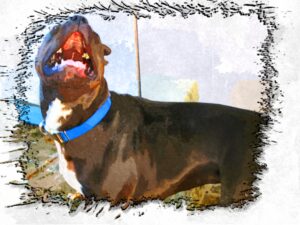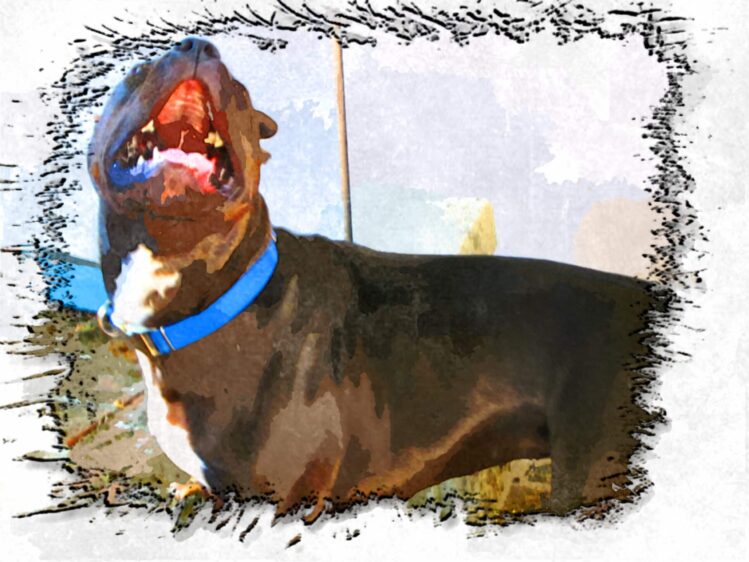
WHY PUPPIES TEETH
Soon after birth puppies begin cutting their teeth, and generally the milk teeth are through by the end of the first month. These are twenty-eight in number and consist of twelve incisors, four canines, and twelve molars evenly divided between the upper and lower jaws. Like the first teeth in children, they are much less strong than the permanent set and do not remain long. The puppy begins to shed them about the fourth month, the permanent teeth springing up under the others as they loosen and fall out. In the course of a month or six weeks, practically all the permanent teeth are through. In some instances, however, the new set is not complete before the eight month.
The permanent teeth are forty-two in number and consist of six incisors, two canines and twelve molars in the upper jaw and the same arrangement in the lower jaw with the exception of the molars, which are increased to fourteen. Sometimes as many as eight extra teeth have appeared irregularly in the jaws, but this is not customary.
The change of teeth apparently causes little disturbance except when the molars begin breaking through, and then sometimes the puppy acts much as a child would under similar circumstances, appearing cross and often evincing bowel derangement, such as diarrhoea or indigestion with gas. It is obvious he is in pain, for he usually shrinks from petting and hides beneath the furniture, if possible, refusing food.
An increase in the flow of saliva is apt to be present and any pressure along the margin of the molar teeth causes pain, as is manifested by the dog’s yelping. At this juncture, puppies will try to eat all sorts of indigestible substances with they would refuse at any other time. Frequently, too, the stomach and bowel derangements cause convulsions which gradually increase in intensity from simply chattering of the teeth to loss of consciousness. Obviously, if this is allowed to continue, there is danger of losing the puppy.
First aid treatment consists of an irrigation of salty water, one teaspoonful of salt to a pint of water, ad by giving a dose of milk of magnesia, one tablespoonful to an equal quantity of water. Sometimes it is essential to control the convulsions by a sedative, of which the most reliable and harmless is luminal sodium in the dosage of one grain to one teaspoonful of water for a Pomeranian, two grains to two teaspoonful of water for a Boston terrier, three grains to threw teaspoonful of water for a Irish terrier, five grains to one tablespoonful of water for a police dog or collie, and seven grains to five teaspoonsful of water for a St. Bernard or Great Dane.
In addition to this treatment, the puppy should be taken to the vet and have all the puppy teeth removed. Following this operation, a solution of potassium chlorate, one teaspoonful to a glass of water, can be applied to the sore gum in order to heal it.


